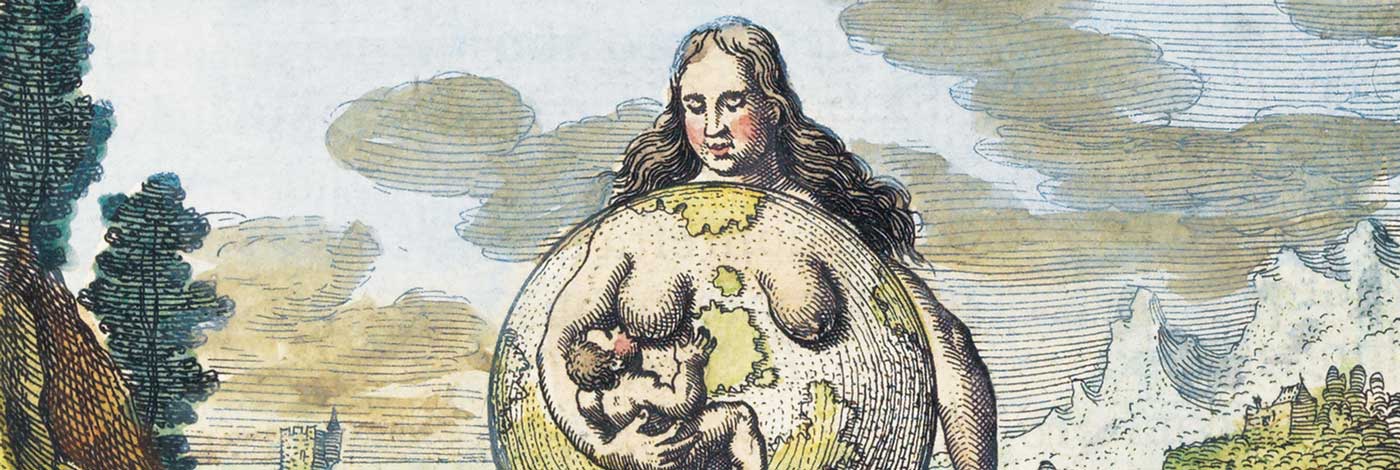
 Anthropozoologica
33-34 - Pages 47-60
Anthropozoologica
33-34 - Pages 47-60Mentions of animal are quite uncommon in Sophocles' extense tragedies - plot or imagery. Thus one cannot fail to notice the importance of the representation of disease as a wild beast, whose function is not only a poetic one. Heracles's or Philoctetes' "wild disease" holds the ambivalent characterictics attributed to animal in Athenian minds in the age of Pericles. By the time when contemporaries of Sophocles become more aware of the ingenious ability of human being, animal may act as a foil: its figurative presence suggests that the "bestial illness" can be overcome by rational medicine. On the contrary beasts keep embodying men's ennemy: wound threatens civilization and city as the man himself, irrational arises from within. Instead of studying separately the rational and irrational approaches of nosos as critics usually do, we attempt to show that both are equally present and joint in the metaphor of disease. Illness is clinically described and in the same time identified with a creature that challenges the humanity of the hero. On the one hand, the actions of the beast are used to describe meticulously the symptoms, as these can be found in medical listings; to stress the temporal features of the disease; to give words to pain and to physical sensations, like "bite" and "gnawing". On the second hand, the suffering hero can not control this attacker nor defend his integrity: identified to the most fearsome animals (homeric snake or wilcat), disease is a prey that not only swooped on the hunter, but passed on its bestiality to him: man "living with" his disease runs the risk of being contaminated by its wildness. Thus animal appears in tragedy when the poet gets concerned with man's animality.
Tragedy, medicine, metaphor, wild beasts, wild disease.